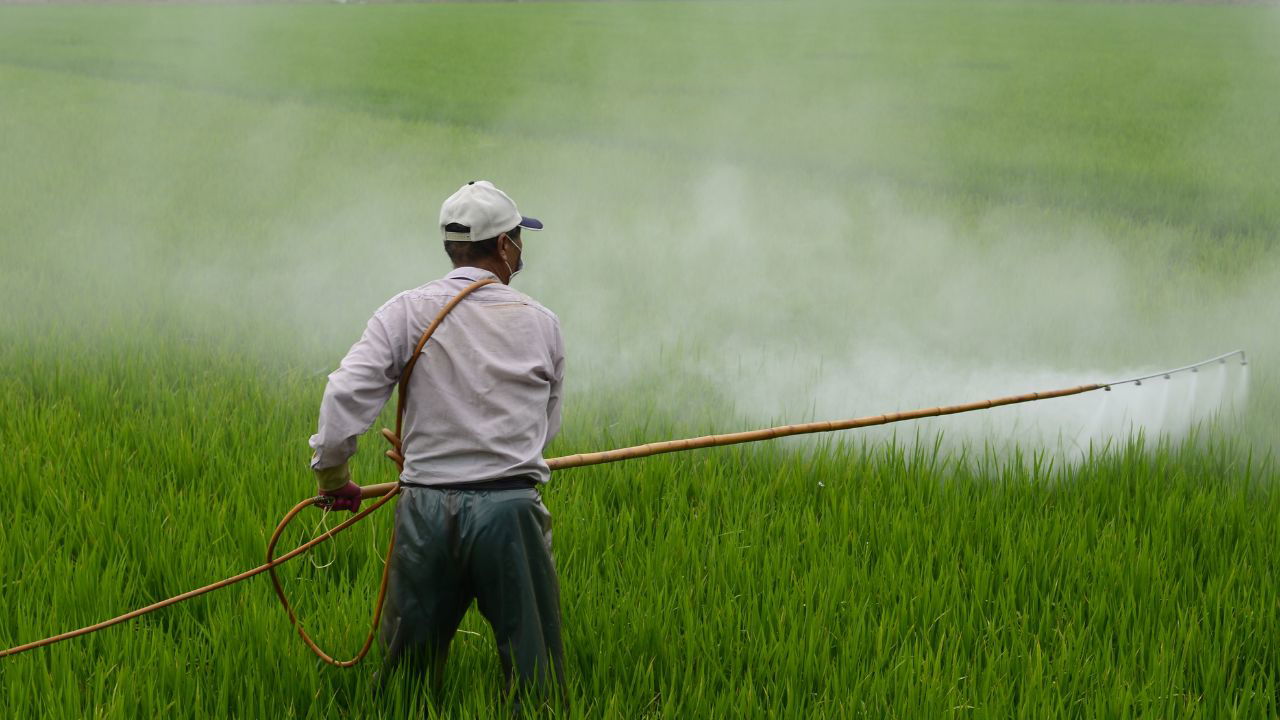
A recent study conducted by researchers at Penn State has revealed that while insecticides may help protect crops from harmful insects, they could also lead to increased weed growth. The study compared the effects of preventative insecticide use at planting with an integrated pest management (IPM) approach, which involves applying insecticides only when necessary. The study also examined the impact of cover crops, which are grown to cover and protect the soil after harvesting the cash crop, when combined with these treatment methods.
Published in the journal PeerJ, the findings showed that after three years, fields treated with insecticides but without cover crops had more weeds, particularly marestail. However, fields with cover crops did not experience this issue, even when insecticides were applied.
John Tooker, a professor of entomology at Penn State and a co-author of the study, suggested that the insecticides may have disrupted beneficial insects that naturally help control weeds by consuming weed seeds. This disruption could have allowed weeds to spread more easily. He emphasized the importance of strategic pesticide use to minimize unintended consequences.
Elizabeth Rowen, lead author of the study and assistant professor at the University of California, Riverside, noted that these findings are particularly significant as weeds are developing resistance to glyphosate, a widely used herbicide. With fewer options to control weeds, adopting multiple management strategies becomes essential.
Insects such as beetles, ants, and crickets play a role in reducing weed populations by feeding on their seeds. However, broad insecticide use can reduce these beneficial insect populations, limiting their ability to manage weeds naturally.
The study was conducted at Penn State’s Russell E. Larson Agricultural Research Center using corn and soybean plots. Researchers tested three treatment plans: preventive insecticides at planting, an IPM approach that applied insecticides only when pest levels were high, and no insecticide use at all.
Each approach was also tested with and without cover crops. Over three years, the team monitored weed populations, predator insect communities, and crop productivity.
Tooker pointed out that the study supports the value of IPM, particularly for large-scale farms. Many growers prefer applying all treatments at once to avoid additional fieldwork, but the research suggests that monitoring fields and treating pests only when necessary can reduce the reliance on pesticides while maintaining crop health.
The study's co-authors included Kirsten Ann Pearsons from T&L Nursery, Richard Smith from the University of New Hampshire, and Kyle Wickings from Cornell University. The research was supported by the Agriculture and Food Research Initiative of the U.S. Department of Agriculture and the USDA’s National Institute of Food and Agriculture.
(Source: Penn State)
















